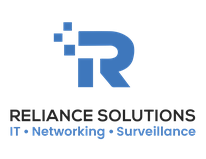Some people see psychology and computer science as distinct fields with very little in common. The consensus is that computer science is a field that has a strong quantitative research culture while psychology is rooted in qualitative studies of human behavior and perception.
In fact, much of modern computer science is influenced by psychology. The design of interfaces for technology – from car dashboards, to airplane cockpits, from operating systems for computers to games controllers – is largely developed by psychologists working closely with computer scientists. A significant portion of psychological research requires sophisticated software to process large data sets.
Psychologists are increasingly relying on technology to extend their reach. The traditional experimental methods in psychology, which focus on one aspect of behavior in the confines of a controlled environment, or assessing larger patterns of behavior using self-report questionnaires or interviews have inherent limitations. (Experiments are typically limited to a single experiment long-term studies are not often conducted due to the difficulty of gathering and analyzing large amounts of data.)
The use of computer technologies has opened up new avenues to study individuals’ behaviors. Computers are vital to the brain-imaging technology fMRI. Researchers can identify specific brain regions to cognitive processes such as memory or reading. EEG (electroencephalography) is another example of a technology that uses computer processing to record and analyze brain activity.
The CCBT approach is now recognized by the UK’s National Health Service as an effective treatment of mild-to moderate anxiety and depression. And artificial intelligence (AI) is set to transform psychotherapy by replacing the therapist with robots that are able to examine and treat patients on the internet.
